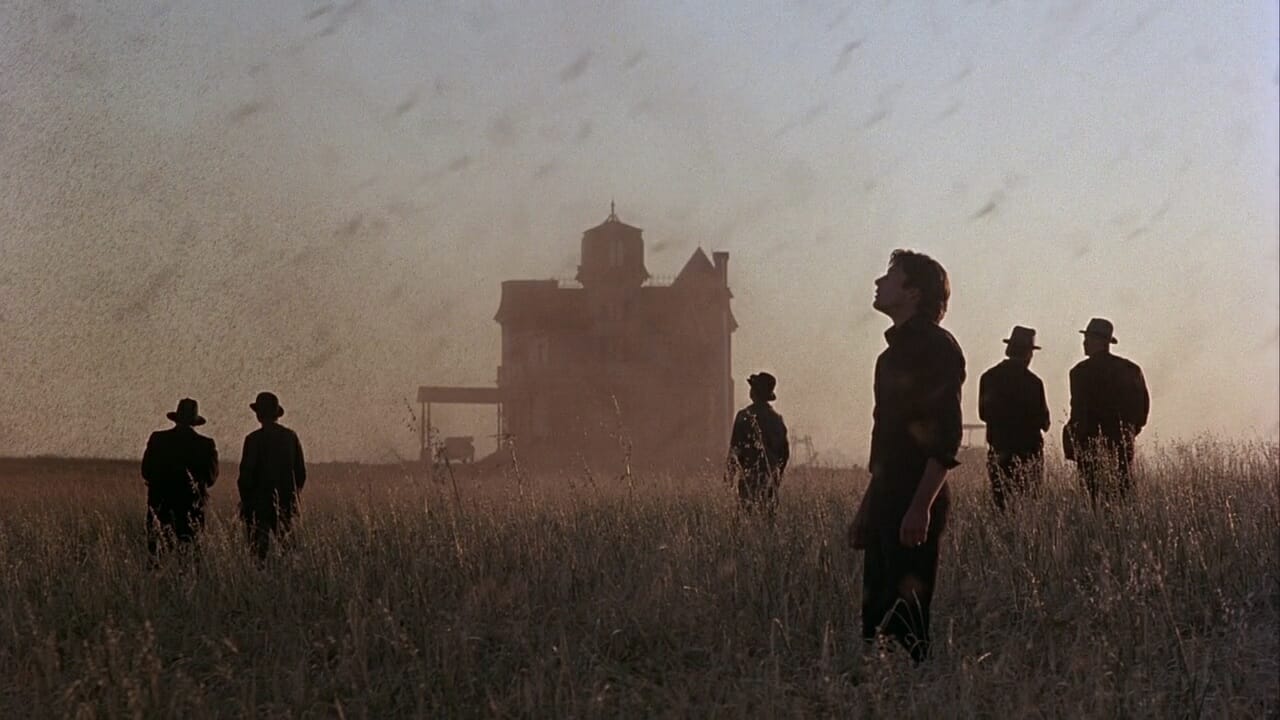-
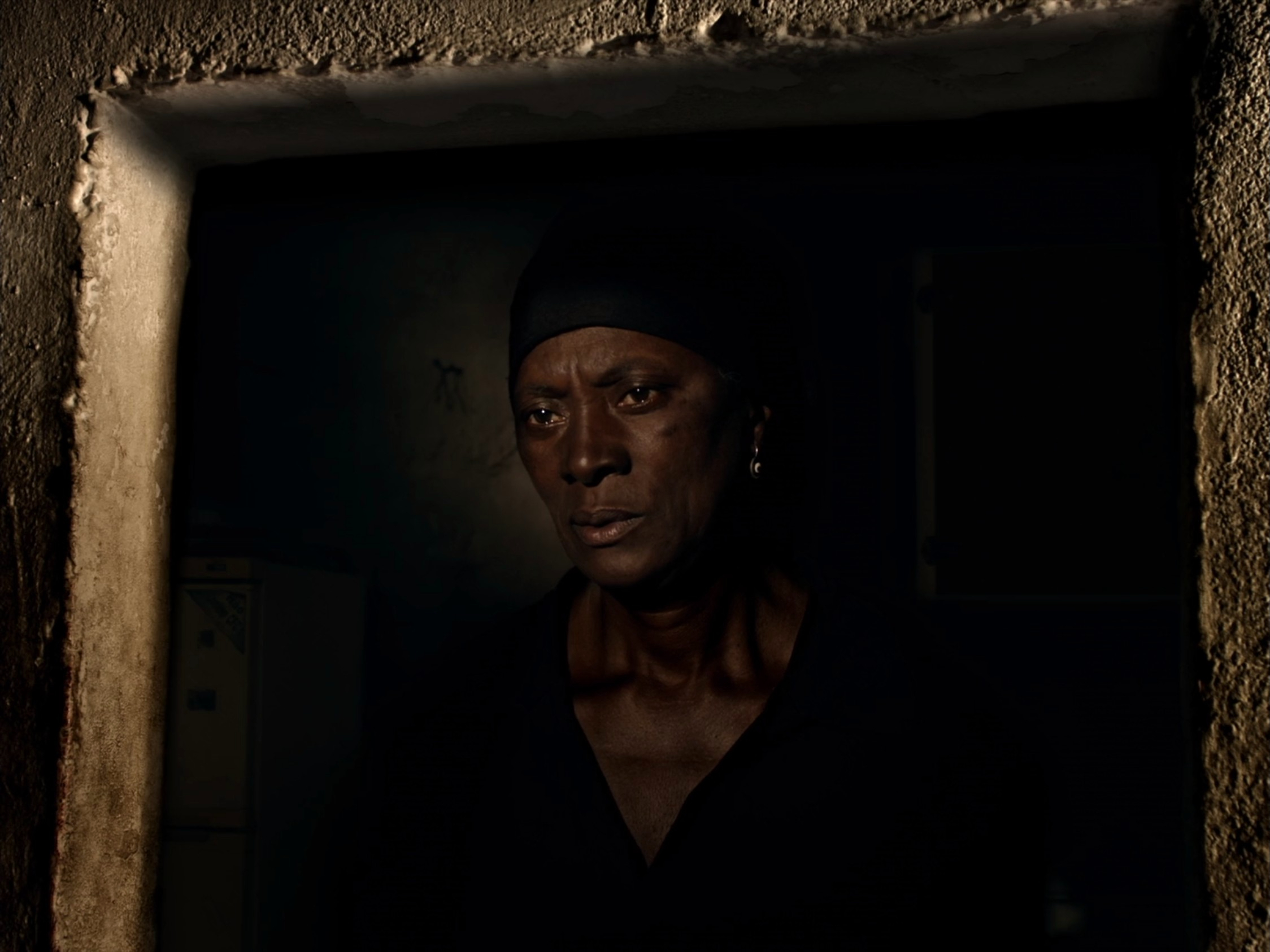
Vitalina Varela (2019)
As one widow wanders the gloomy remnants of her estranged husband’s derelict home in Vitalina Varela, Pedro Costa glacially slips through cinematic paintings of a decaying Portuguese village, dimly illuminating its weathered production through harsh vignettes of light that seek spiritual healing from grief, and which challenge us to peel back the layers of its…
-
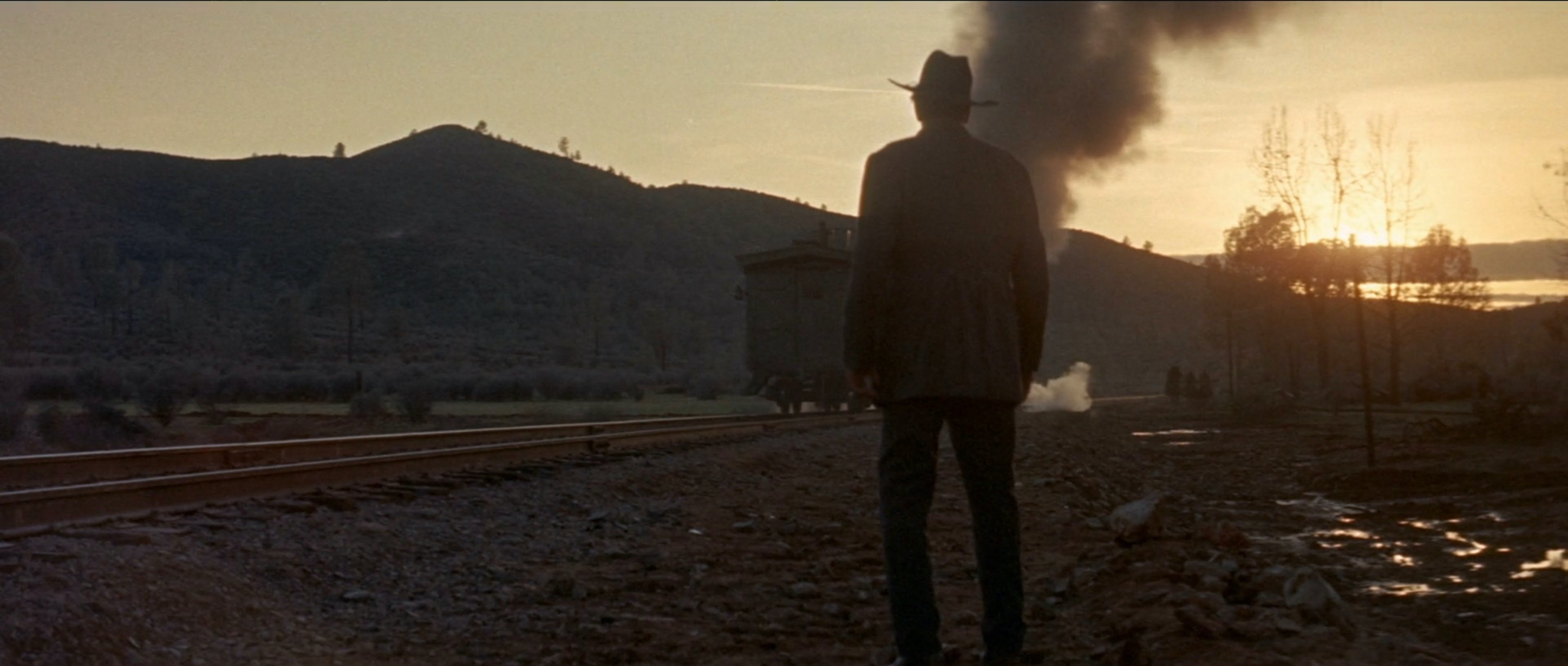
Man of the West (1958)
The confrontation of one reformed outlaw with the shameful vestiges of his old life unfolds with a remarkably cynical disposition in Man of the West, as Anthony Mann’s widescreen, dusty landscapes and meticulous blocking presage the Spaghetti Westerns of Sergio Leone by several years, driving these brilliant character compositions with a sense of overbearing guilt…
-
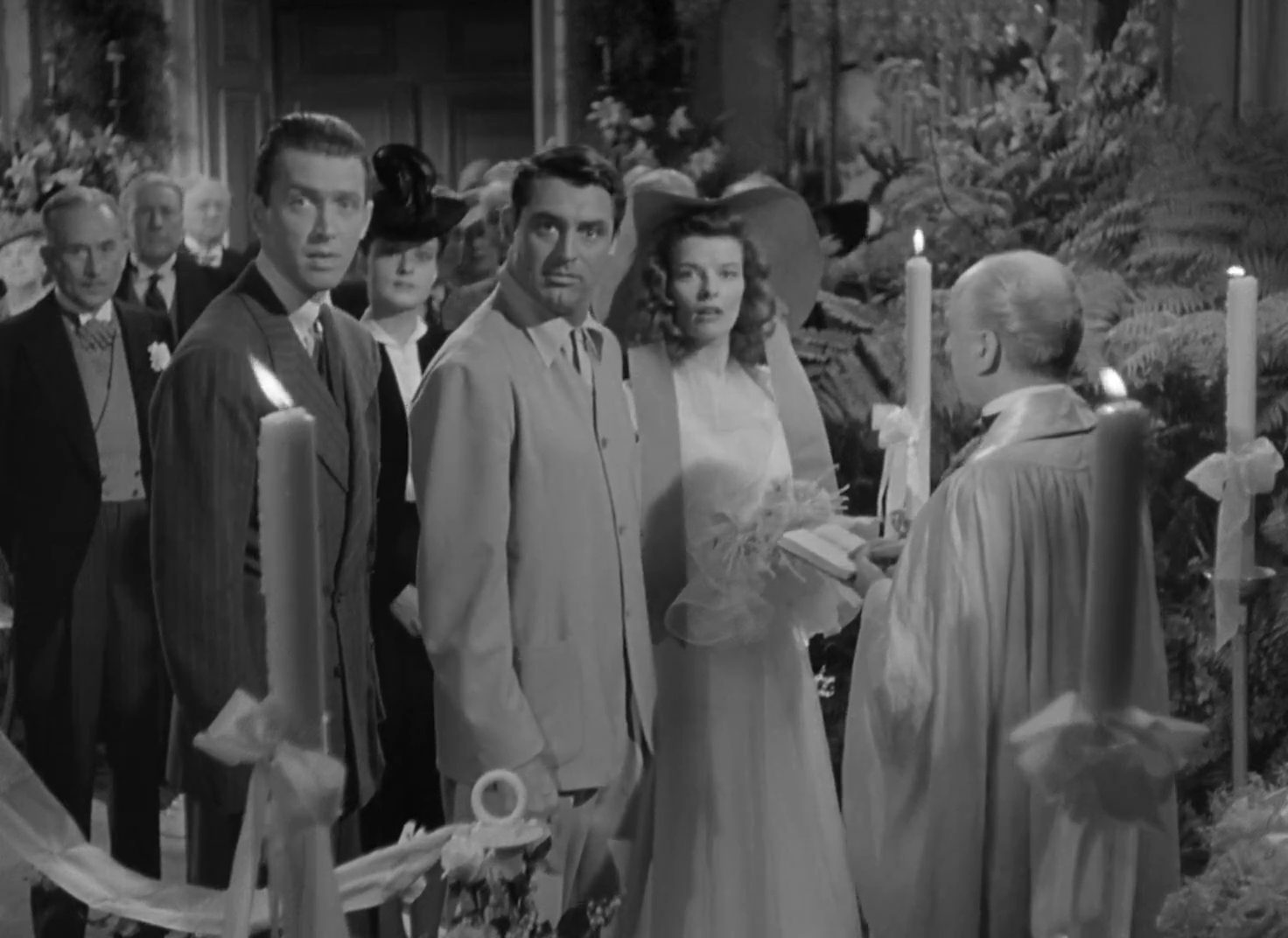
The Philadelphia Story (1940)
It is remarkable on its own that George Cukor united Katharine Hepburn, Cary Grant, and James Stewart in one film and captured such fine performances from each, though The Philadelphia Story is also even more delightful for its marvellously constructed web of romantic entanglements, which its lively screenplay and stars pick apart with insurmountable charm…
-
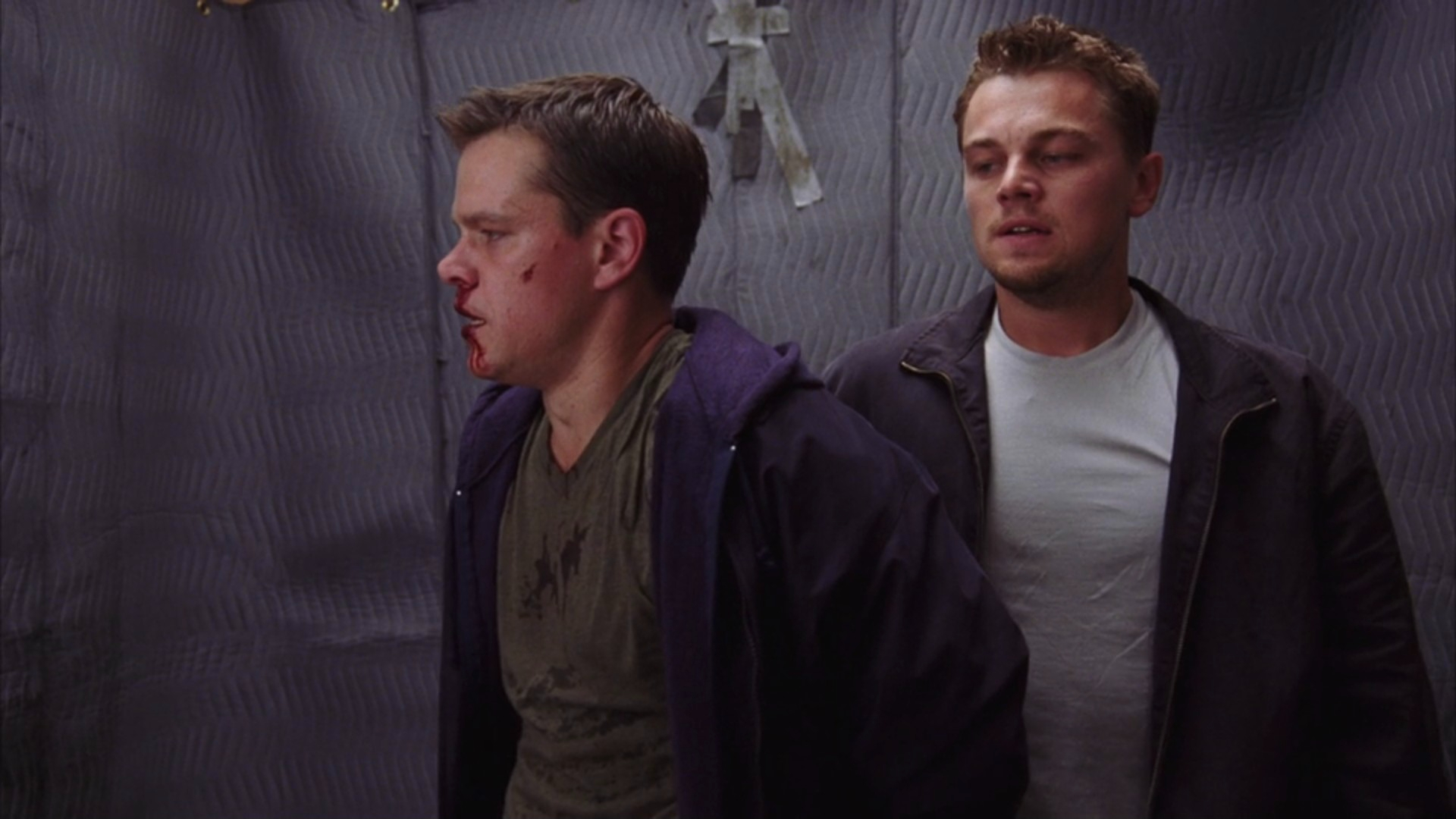
The Departed (2006)
The Departed’s intricate construction of double-crosses and manipulations propels its gripping narrative forward with impeccable pacing, teasing out the parallels between an undercover cop and a criminal spy hellbent on uncovering each other’s identities, and yet in Martin Scorsese’s sly formal motifs there remains a nihilistic despair that these opposing forces may just cancel each…
-
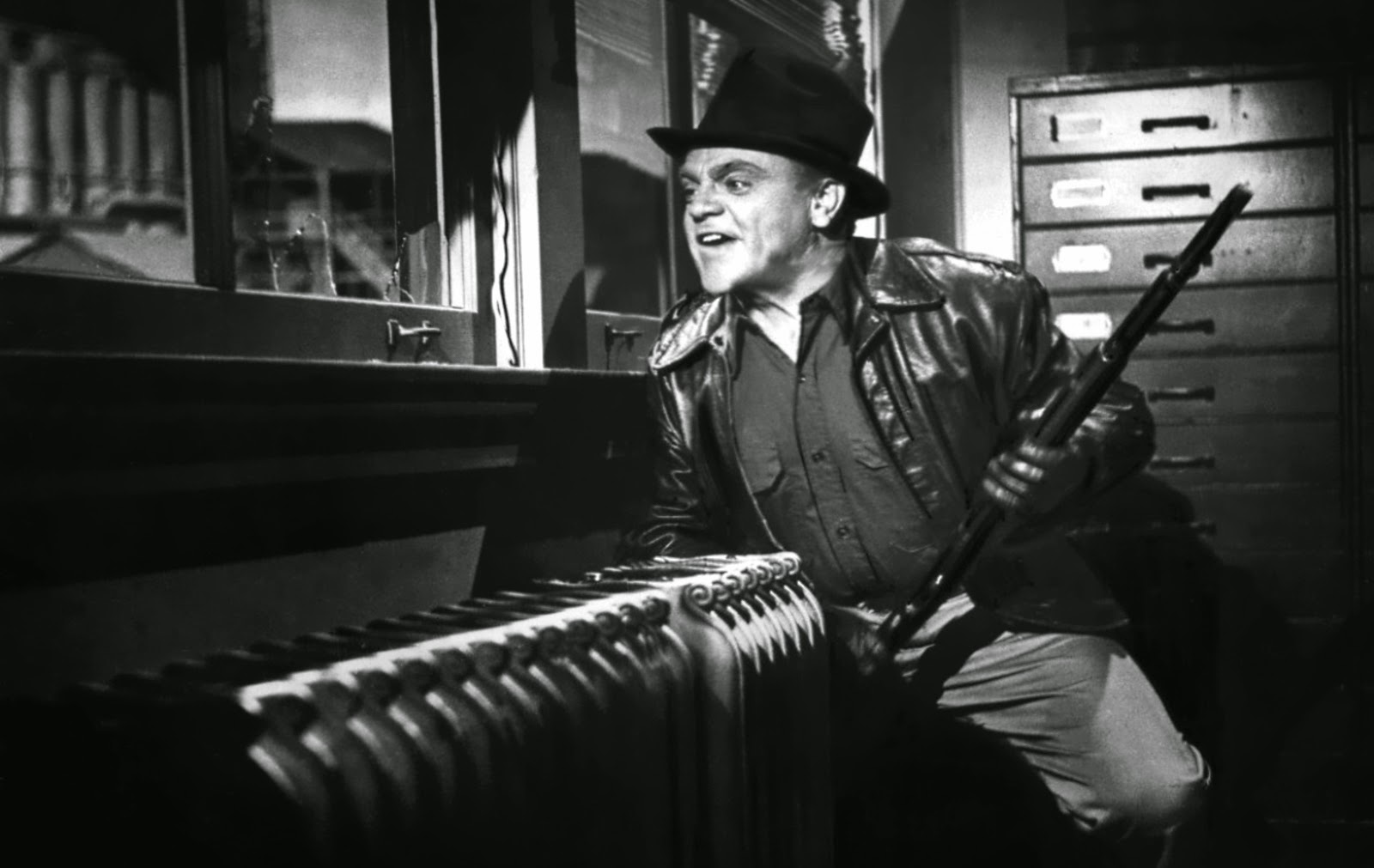
White Heat (1949)
As a crafter of truly stunning set pieces, Raoul Walsh expertly matches gangster Cody Jarrett’s huge emotions with kinetic, bombastic visuals in White Heat, but such slick direction is also perfectly suited to the Freudian bond he shares with his mother, exposing a pitiful underside to the tough, vicious persona he puts out into the…
-
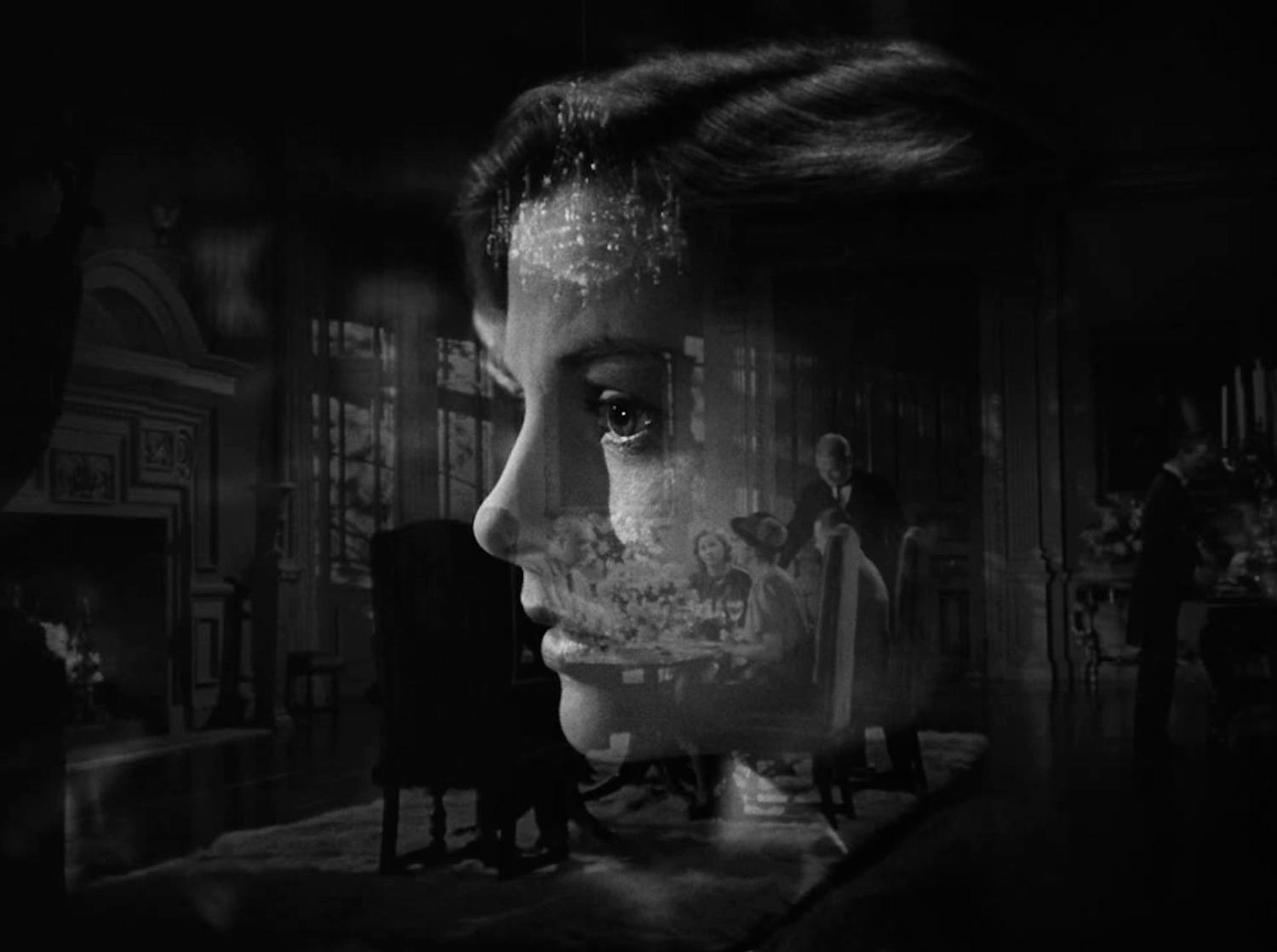
Rebecca (1940)
Alfred Hitchcock’s eerie adaptation of Rebecca maintains the Gothic novel’s mysterious, lyrical quality, but it is especially through his floating camerawork and evocative expressionism that he conjures the memory of its unseen title character, psychologically haunting the new wife of a wealthy widower with the legacy she hangs over his estate.
-
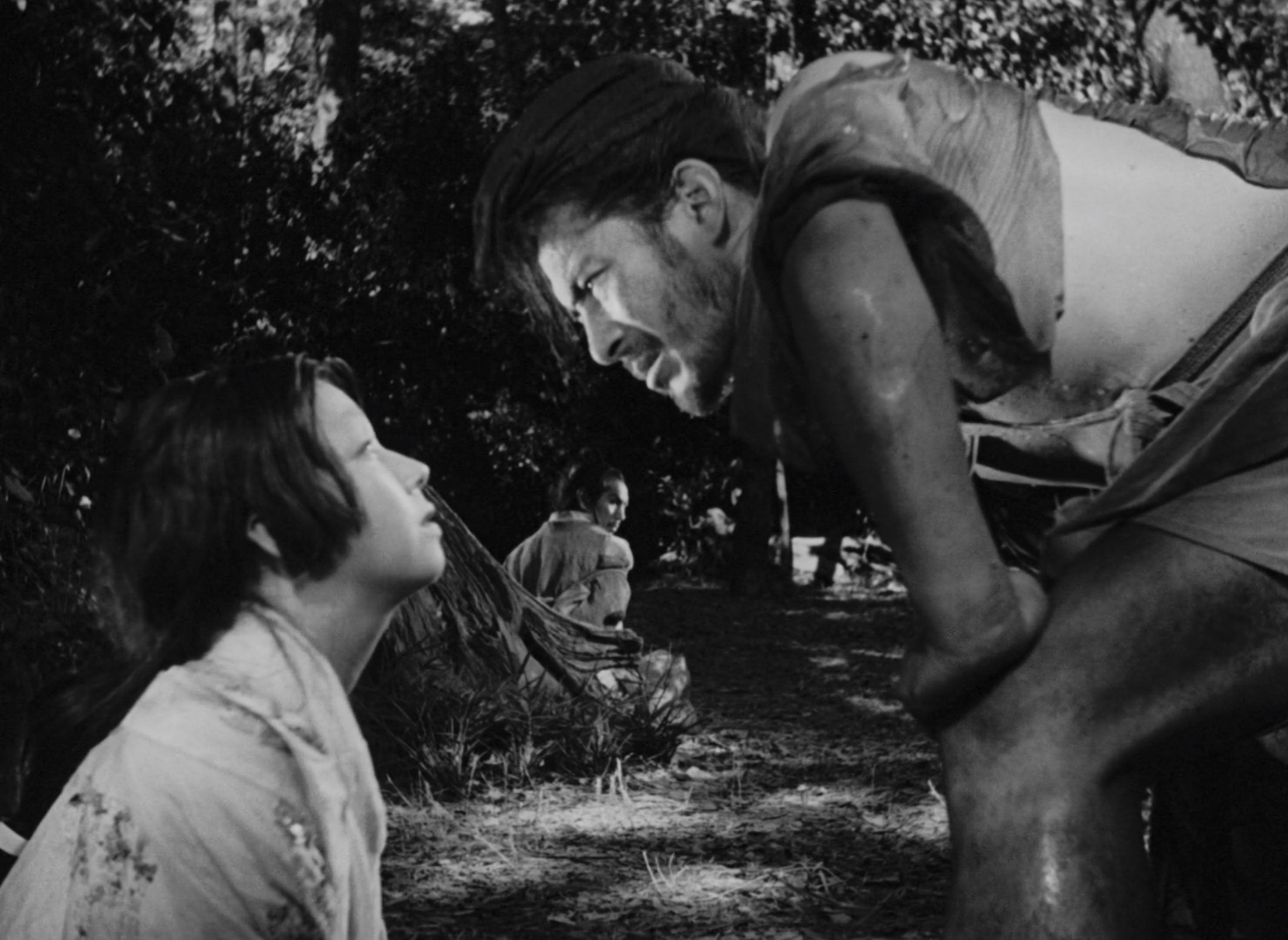
Rashomon (1950)
It is only with as daring a narrative structure as the one which Akira Kurosawa builds in Rashomon that its ruminations on subjectivity, truth, and storytelling find such peaceful resolve in a nihilistic world, as he skilfully navigates the conflicting perspectives of a single murder in classical Japan through dextrous, perspective-shifting camerawork and blocking.
-
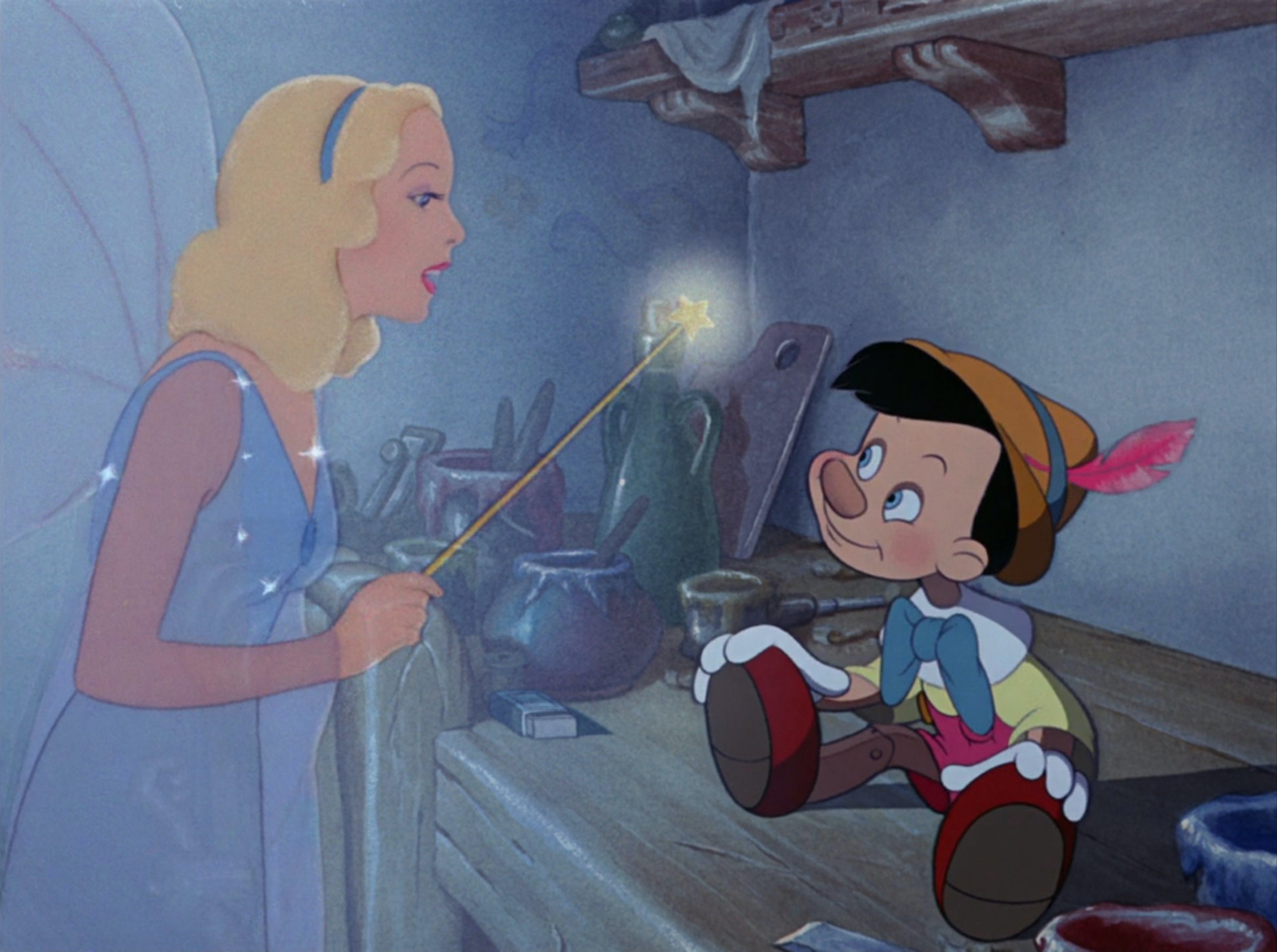
Pinocchio (1940)
To be human in Pinocchio is to possess both free will and a conscience, and it is through its rich allegory of puppets and donkeys that Walt Disney imparts his dark, moralistic musings with dynamic visual expressions, crafting a staggering accomplishment in hand-drawn animation, each one tangibly alive in their tactile movements and wood-carved textures.
-
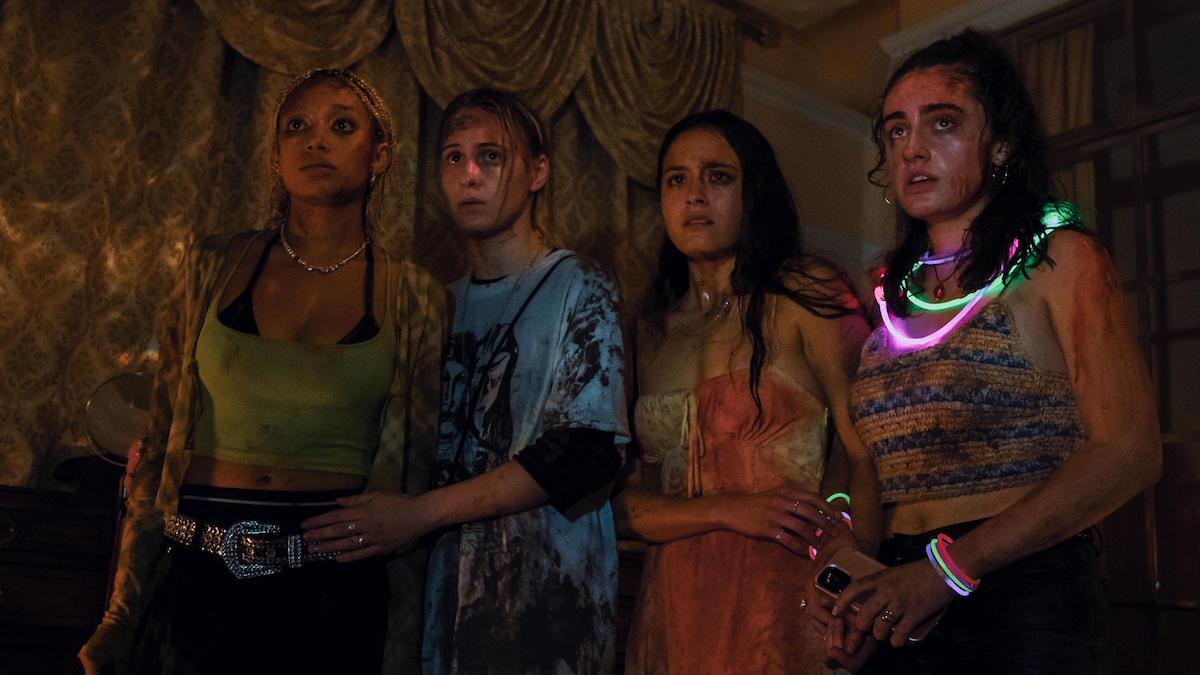
Bodies Bodies Bodies (2022)
Bodies Bodies Bodies delivers a perverse thrill in seeing its ensemble of cynical, two-faced narcissists tear themselves down over the course of one bloody, wild party, as Helina Reijn offers the darkly comedic, neon-tinted murder mystery a Gen Z twist, exposing the fraught insecurities and secrets that lie beneath their insincerity.
-
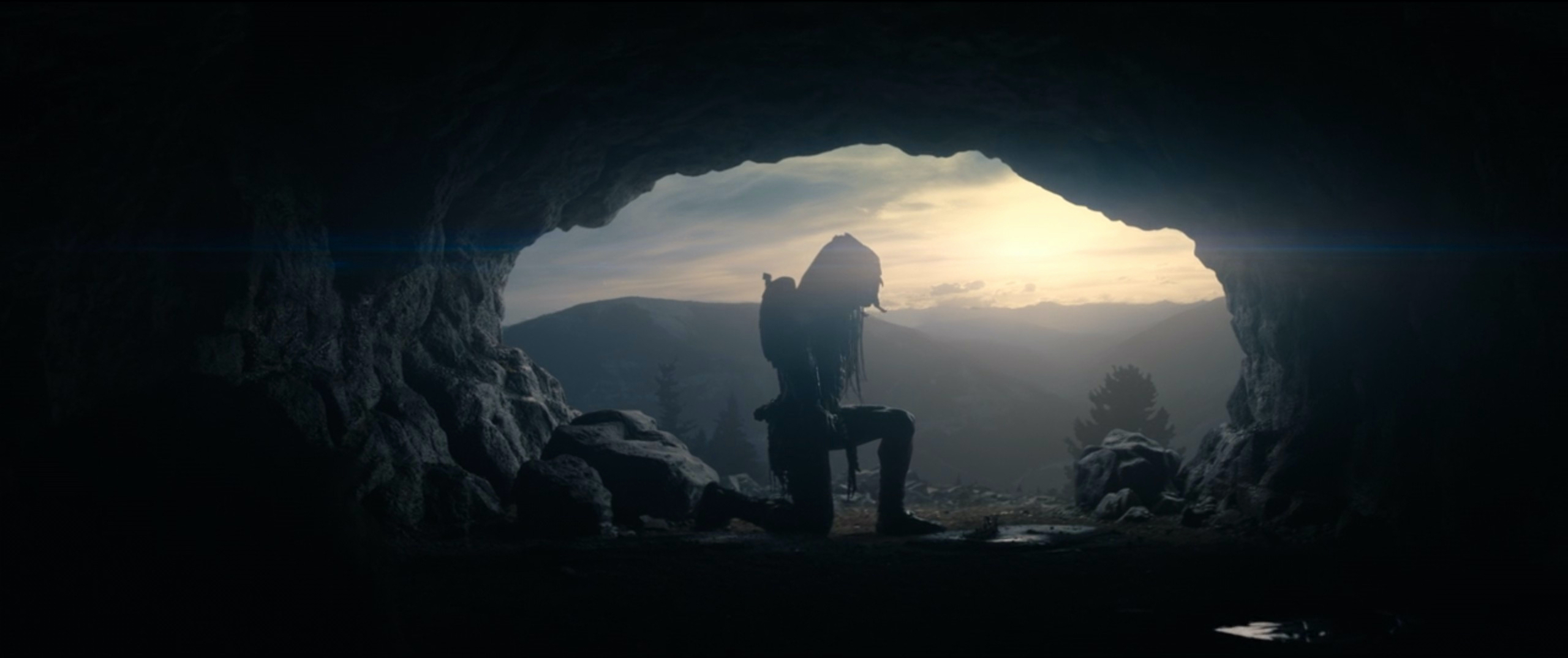
Prey (2022)
There is no need to complicate the simple concept of an extra-terrestrial hunting humans for sport, as Dan Trachtenberg smartly chooses to build Prey on the primal relationship between a hunter and its quarry, offering an assorted blend of genres that creatively brings the Predator franchise’s sci-fi conventions to one Comanche village and its scenic…
-
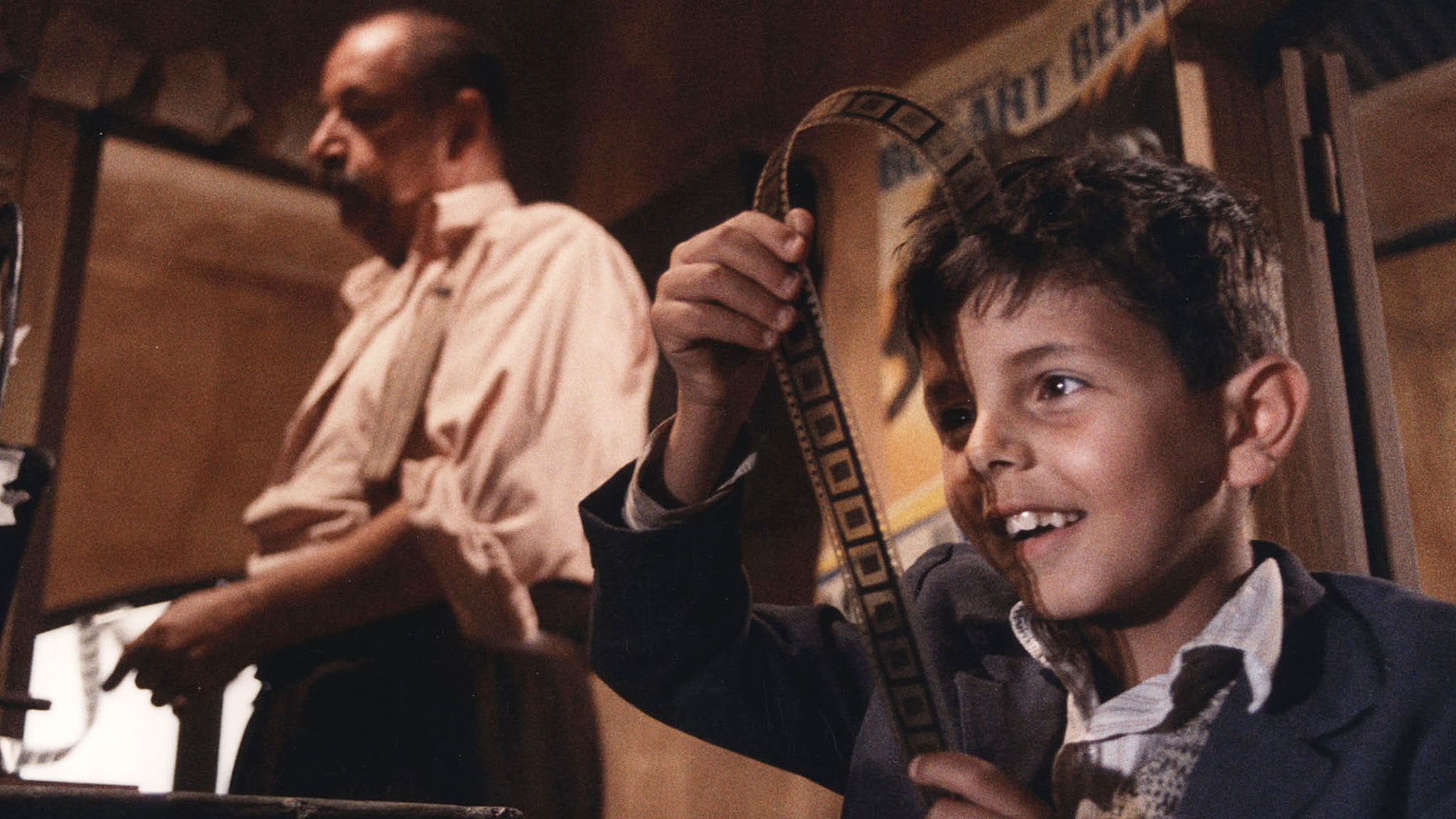
Cinema Paradiso (1988)
Cinema Paradiso bleeds the sort of pure, unassuming love of film that greater movies may have tackled with more ambitious visual artistry, and yet Giuseppe Tornatore’s majestic coming-of-age fable nevertheless inspires a rousing sentimentalism which erodes all traces of cynicism in even the harshest critics.
-

Gravity (2013)
It is within Gravity’s restless, floating camera and moving allegory for grief that Alfonso Cuarón evolves it into a cinematic wonder, teasing out the compelling tension between barren emptiness and a determined embrace of life in one astronaut’s fraught journey back to Earth from the merciless void of outer space.
